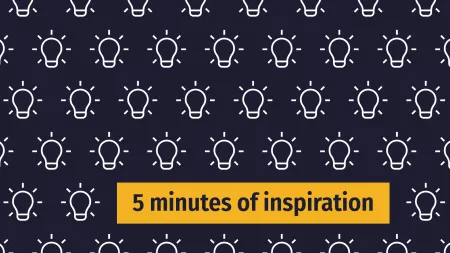Everyone says that cocoa is a men's crop—that men do all of the work and get all of the income. But it turns out, that’s not true. According to recent work in Cote d’Ivoire, CARE found that women are involved at every stage in the game—but men, companies, and governments don’t usually know that. So how do we get key players to value women if they don’t even know they’re there?
“We had to plead with community chiefs to allow women to speak in public during Cohort I. In some communities both Christian and Muslim women were [only] allowed to speak in public while kneeling. We have to work constantly with traditional leaders to convince them that women have rights. Now they listen to us."
Mondelez International commissioned CARE to look at how they handle women in their cocoa value chain—and to provide recommendations for how to do it better. To do that, we examined Cocoa Life—a project we had been jointly running in Ghana and Cote d’Ivoire—to see what worked in getting women into the spotlight, and where we can improve. Take a look at what the team found.
What did we accomplish?
- Higher yields: Women who own land saw a 100-400% increase in their cocoa production. Even women who don’t own land saw a 66-100% increase.
- More women involved in decisions: Now, women are 30-50% of participants in community governance, since the company decided to institute a quota for women to ensure their participation.
- Government buy-in for gender equality: The government of Cote d’Ivoire committed to including gender in its’ national development plan from 2016-202.
- Women have more control over money: Women report a greater control in their earnings, and $95-136 savings as part of their participation in VSLAs. Why? Because Cocoa Life gave women their own bank passbooks—so they could record their own income.
How did we get there?
- Engage the government with evidence: Cocoa Life documented policies and laws relating to women’s economic empowerment to give themselves a base for advocacy. Then, the project worked with government extension agents and policy makers to ensure that there is more support for women in the cocoa value chain, and for women farmers generally.
- Build women leaders: Mondelez agreed to a quota of women in participatory processes to guarantee that women got a seat at the table. The project also worked to create women’s extension workers so that there were role-models women farmers could access to learn more.
- Partner with the private sector: Mondelez commissioned CARE to look at women’s role in the cocoa value chain so that they could determine where their strengths and weaknesses were. They are using that information to build programs that source cocoa and empower women.
What should we change?
- Engage men more effectively: Women’s workloads and childcare burdens are still high. The report recommends working with couples to change norms and make sure that women get the support they need.
- Look at pay gaps: Even though companies and the government are now more aware of women in the process, there are still gaps in salary between men and women.
- Focus on social norms: Norms are still holding women back—from low mobility to the belief that they have no right to be involved in politics. This is an area to change to see real progress
Want to learn more?
Check out the full report.
